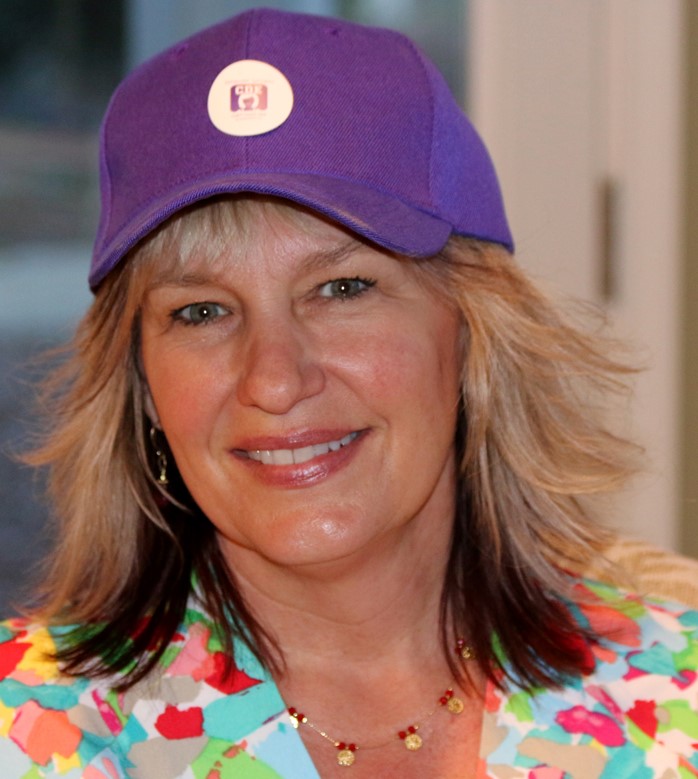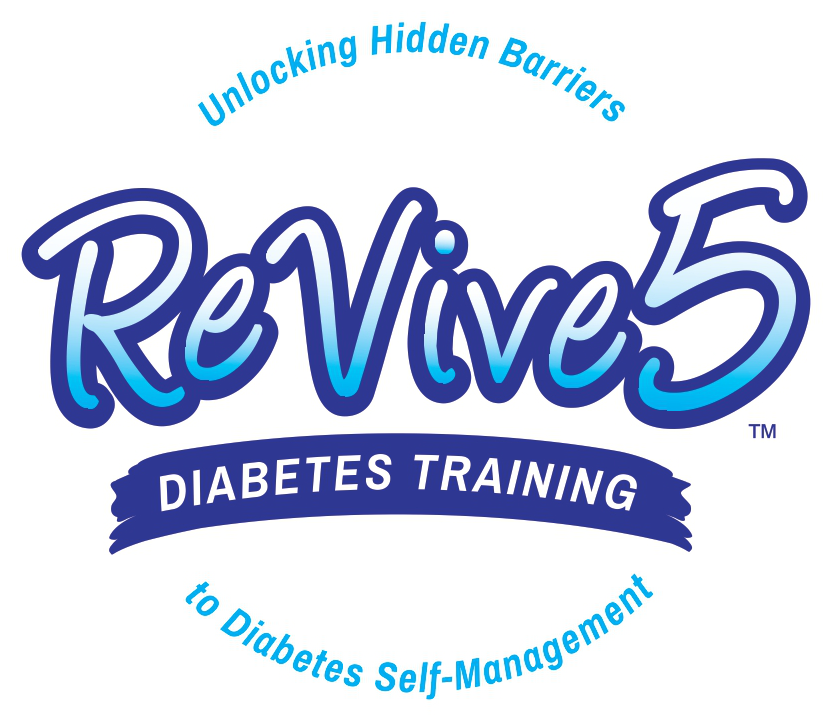When I was hired to be a part of the Embark Trial Team at UCSF, I felt confident in my approach to self-management education for people living with type 1 diabetes. After all, I had been providing diabetes care and education for over 20 years.
Little did I know that participating in this Trial would change my practice approach.

The Embark Trial, simply explained, was designed to evaluate if addressing diabetes distress and supporting an increased level of self-management confidence for people living with type 1 diabetes improved outcomes.
As part of the Embark Trial Team, I attended trainings which outlined the philosophy and novel approach of the intervention. The research team repeatedly emphasized that even though we were diabetes specialists, we were not to provide answers or solutions for the type 1 participants during the group classes or individual interventions. In addition, they taught us to use an innovative step-wise approach for glycemic management along with custom log sheets and strategies to address diabetes distress.
Putting this new approach to the test.
As part of the intervention team, I provided a group training and met individually with each participant for up to 30 minutes for about six sessions. During these sessions we would explore issues that they would like to address and guide them in problem solving.
For example, if a person with diabetes asked, “why are my blood sugars so high in the morning”, I couldn’t suggest to them that they probably needed to increase their basal insulin.
Instead, I encouraged them to draw on their own knowledge about their diabetes and ask, “Why do you think your blood sugars are elevated in the morning?”
Another example is I would ask participants to scroll through their insulin pumps to find their basal and bolus insulin settings. They would ask me, “how do I find those?”
Instead of providing step by step instructions, I encouraged participants to start looking through their pump settings to see if they could discover it themselves.
Guess what? Participants of all ages and backgrounds were able to figure it out without any hands-on instruction from the “fixer”.
Even though the coaching was provided over the phone and on zoom, with each accomplishment, I could feel them glowing with the pride of self-discovery.
The participants were gaining a sense of agency and mastery.
And I was transitioning from being a “Fixer” to becoming a “Coach”. It felt great.
To be honest, it took a lot of pressure off of me to be the “all knowing” diabetes professional. This approach freed me from feeling like a failure if I didn’t know all the ins and outs of insulin pumps, CGMs, carb counting ratios and more. It felt very collaborative and I felt more authentic.
More importantly, I was able to tap into the individuals expertise by REALLY listening, asking meaningful questions and helping them find solutions. It turns out that people with diabetes have a lot of expertise in themselves. Unfortunately too many times, during provider visits, even though they try to share their worries, concerns and emotions, they often aren’t really seen and heard.
The study also provided simple conversational tools that the diabetes specialists could use to help participants address their diabetes distress. We often feel stuck or not sure how to best help people struggling with the real life distress that comes with living with a chronic condition 24/7/365. The approach used in this study empowered me to try new approaches that really made a difference.
As diabetes health care professionals, we can’t know everything, but we can gain needed skills to help address distress and encourage individuals figure it out for themselves. Being a part of this study help me grow my “Coach” approach and let my “Fixer” know that it can relax, we will call upon it as needed.
Now, we are excited to share the tools and approaches used in this study with our community of diabetes health professionals.
We have reassembled the training team and created a resource binder of fantastic tools that we are excited to share this all with you in our ReVive 5 Diabetes Training Program. Join us to learn a step-wise, proven approach to address hidden barriers to diabetes self-management and glucose management.
Learn from the Experts that Constructed this Approach
Live Virtual Sessions Air June 17 & June 24th
Sign up for Diabetes Blog Bytes – we post one daily Blog Byte from Monday to Friday. And of course, Tuesday is our Question of the Week. It’s Informative and FREE! Sign up below!
The use of DES products does not guarantee the successful passage of the CDCES exam. CBDCE does not endorse any preparatory or review materials for the CDCES exam, except for those published by CBDCE.










